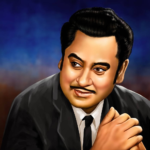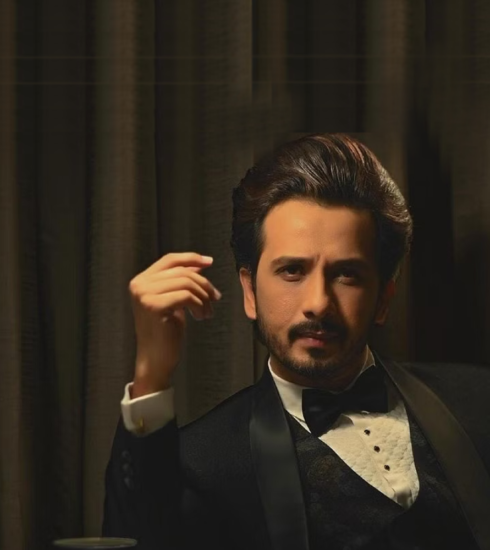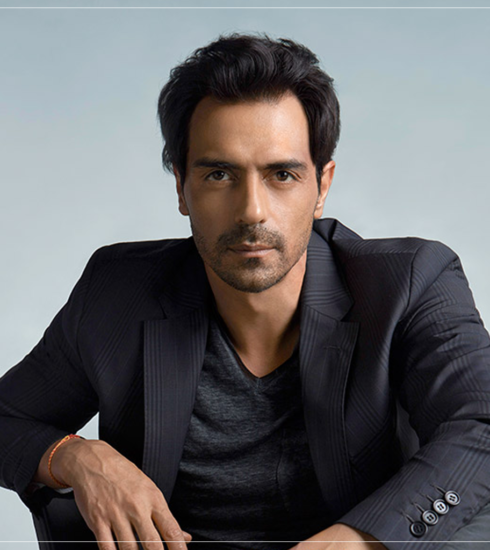Dadasaheb Phalke: The Father of Indian Cinema
Bollywood, the name given to the Indian film business, is a thriving industry that has captivated people all over the world. However, did you ever stop to consider who built the groundwork for this wonderful cinematic journey? Dadasaheb Phalke, frequently recognised as the founder of Indian cinema, deserves praise. Let’s explore the life and legacy of this great director who transformed the movie industry.

Early Years and Inspiration
Dadasaheb Phalke, also known as Dhundiraj Govind Phalke, was born in Trimbak, Maharashtra, India, on April 30, 1870. Phalke, a trained photographer, became passionate about the art of motion pictures in 1910 after seeing a screening of the Lumière Brothers’ short films. This life-changing event ignited his creativity and led him down a road that would forever alter Indian cinema.
The beginning of Indian cinema
“Dadasaheb Phalke set out on a mission to build an indigenous film industry in India, motivated by his vision and unyielding will. He had to overcome several obstacles, such as financial limitations and a lack of technical resources, but his enthusiasm and commitment helped him succeed. The Indian film industry was established in 1913 with the release of Phalke’s masterpiece, “Raja Harishchandra,” which was the realization of his vision.
Impact of “Raja Harishchandra”:
A silent movie called “Raja Harishchandra” depicted the legend of the Hindu god-king Harishchandra. Phalke’s versatile talent was on display as he not only handled the direction of the movie but also the production, writing, and cinematography. The movie was a smashing hit that cemented Phalke’s reputation as a visionary director and won over Indian moviegoers.
Innovation and Contribution of Phalke

The impact of Dadasaheb Phalke on Indian cinema goes beyond just one picture. He went on to produce a number of groundbreaking films, such as “Mohini Bhasmasur” (1913), “Satyavan Savitri” (1914), and “Lanka Dahan” (1917), after realizing the importance of storytelling. He experimented with a variety of cinema genres, from mythological and historical dramas to social themes.
Technical Developments and the Beginning of the Film Industry
Phalke, a genuine pioneer of Indian cinema, experimented with special effects, camera angles, and editing methods in his pursuit of greatness. He founded the Hindustan cinema Company in 1918, laying the groundwork for the current Indian cinema industry, after realizing the necessity for a supporting infrastructure. His unwavering efforts created the ground for succeeding generations of filmmakers to exhibit their ability and ingenuity.
Legacy and Recognition
Dadasaheb Phalke has achieved enormous respect and recognition for his pioneering work and unwavering pursuit of his goals. To honor his vital achievements, the Government of India established the coveted Dadasaheb Phalke Award in 1969, which is the highest honor in Indian cinema. Phalke’s legacy endures and serves as a constant reminder of the value of narrative and the positive social impact that film may have.
The artistic brilliance, unrelenting devotion, and visionary spirit of Dadasaheb Phalke were crucial in influencing the development of the Indian cinema industry. He created ground-breaking pictures that brought fantasies to life on the big screen and laid the groundwork for a rich and varied cinematic world that is still thriving today. The pioneering work of Dadasaheb Phalke will always be recognised as the beginning of Indian cinema, a medium of expression that has won over the hearts of millions and continues to amaze viewers worldwide.






